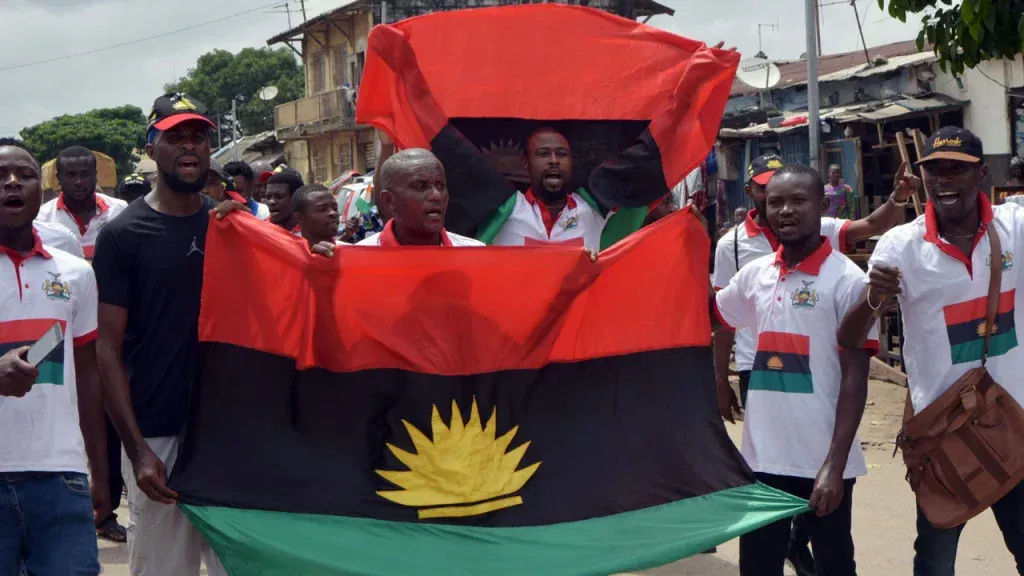The Nigeria Medical Association (NMA) has called upon the Federal Government to compensate the victims of the tragic bombing in Tudun Biri, Kaduna state. The bombing, which occurred on December 4, resulted in the loss of many innocent lives, with the Army acknowledging that the victims were mistakenly targeted while they were aiming for insurgents and bandits.
Dr. Uche Ojinmah, the National President of the NMA, emphasized this request during a press conference in Abuja on Sunday. He disclosed that this appeal was a key outcome of the association’s National Executive Council (NEC) meeting held in Abuja from December 10 to 17. Expressing solidarity, he extended condolences to the Kaduna State Government and the Federal Government, while also acknowledging the military’s acceptance of responsibility and issuance of an apology.
In addition to the call for compensation, Dr. Ojinmah urged the Federal Government to bear the medical expenses of those currently undergoing treatment in hospitals as a result of the bombing. Furthermore, he emphasized the need for the military to enhance the precision of their intelligence reports to prevent a recurrence of such a tragic incident.
Expanding the scope of the association’s concerns, Dr. Ojinmah voiced apprehension about the devaluation of the Naira and its adverse impact on medication prices, leading to heightened hardship for citizens. He stressed the need for stabilizing the Naira to facilitate broader access to Universal Health Coverage (UHC) and reduce out-of-pocket healthcare expenses.
Highlighting the urgency of the situation, Dr. Ojinmah emphasized the imperative for all levels of government to prioritize UHC to safeguard the welfare of the populace, thereby advocating for a swift resolution to the currency devaluation issue.
On a different note, the NMA President expressed reservations about the political unrest in River state, calling upon political influencers to consider the well-being of the public in their actions. Moreover, he raised queries regarding the financial responsibility for emergency medical cases treated in private hospitals following government directives to accommodate such cases.
Addressing this concern, Dr. Ojinmah underscored the necessity of a Universal Health Coverage system, supported by insurance, to manage emergency cases at private healthcare facilities. He also highlighted the non-implementation of the National Health Act 2014, which mandates the allocation of funds to support Basic Health Care and emergency medical services for all Nigerians.
In response to the directive from the Inspector General of Police (IGP) that hospitals should treat gunshot injury patients without the prerequisite police reports, Dr. Ojinmah assured compliance from doctors, urging police officers to reciprocate this by respecting the directive and refraining from unnecessary harassment of hospitals.
Drawing attention to the departure of international pharmaceutical and other companies from Nigeria, Dr. Ojinmah warned about the potential adverse effects on healthcare and the economy. Urging the government to prioritize creating a conducive business environment, he underscored the importance of a stable economy to retain such companies within the country.
Furthermore, Dr. Ojinmah highlighted challenges faced by medical students at Alex Ekwueme Federal University, Ebonyi state, and Ambrose Alli University, Ekpoma, in Edo State, due to policies contradicting training standards. He called upon the media to investigate these issues and emphasized the NMA’s vigilance over the situation, warning that failure to rectify these policies would evoke the indignation of all medical practitioners in Nigeria.
Conclusively, Dr. Ojinmah set a deadline for the Federal Government to implement the upward review of Consolidated Medical Salary Structure and the newly approved accruement allowance, stressing that the NMA’s demands, particularly pertaining to welfare, must be met to ensure industrial harmony in the health sector.
In totality, the NMA’s stance underscores the urgency for compassionate action, addressing critical issues ranging from healthcare compensation to currency stabilization, underscoring the symbiotic relationship between effective healthcare and a robust economy.



